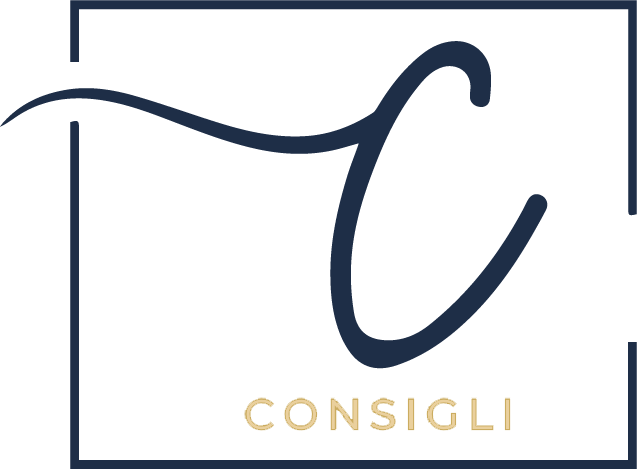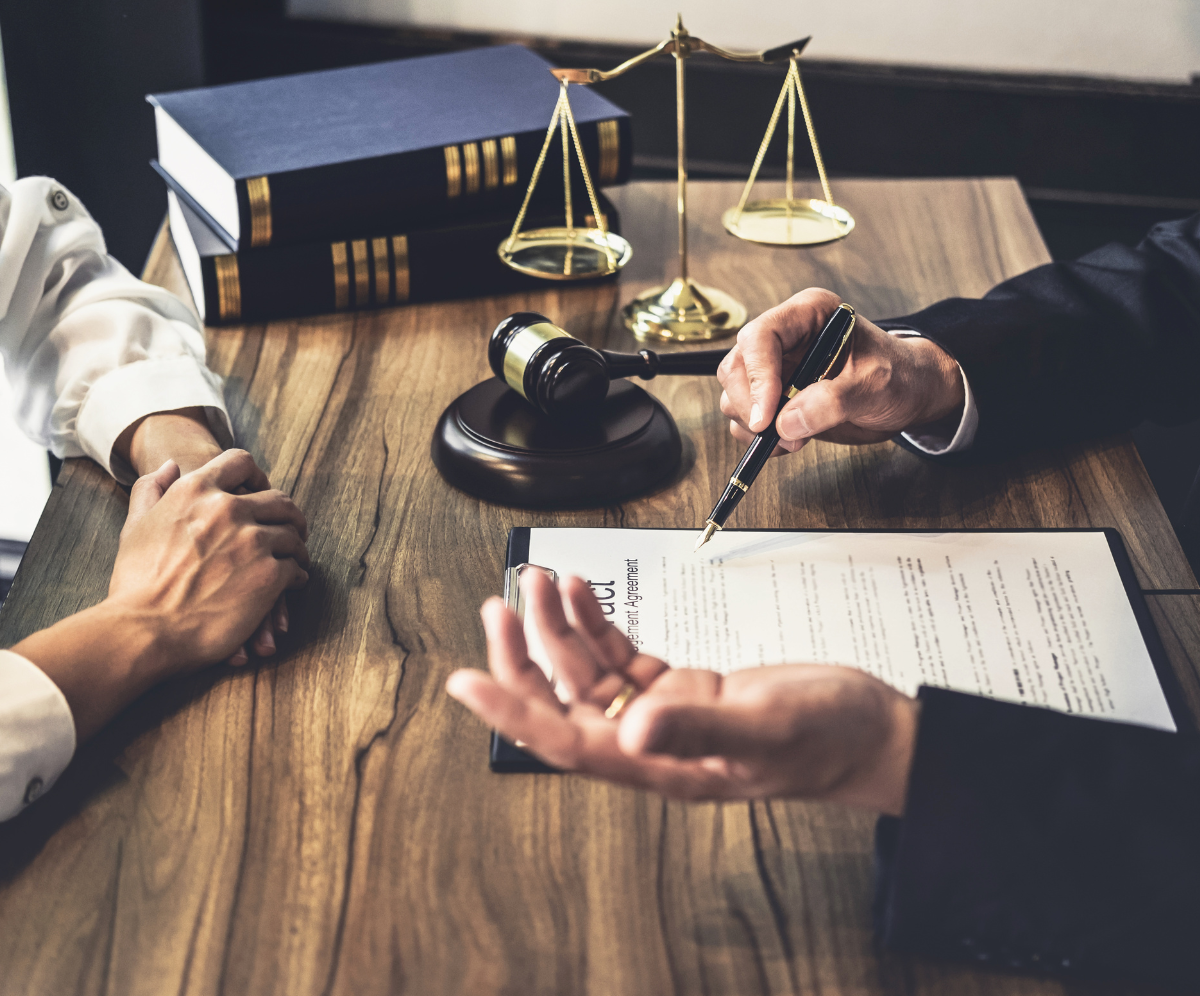Table of Contents
Starting a business in El Salvador presents a promising opportunity, but it also requires a deep understanding of the country’s legal framework. Navigating this landscape is essential to safeguard your investments, ensure compliance, and establish a successful operation. Below, we outline the key legal considerations and how businesses can manage the complexities of operating in El Salvador.
1. Choosing the Right Business Structure
Selecting the proper business structure is a critical decision that affects your tax obligations, liability, and operational flexibility. In El Salvador, you can choose from several business types, including:
- Sole Proprietorships: Ideal for smaller ventures but carries the risk of personal liability.
- Partnerships: Shared ownership between two or more individuals, with varying degrees of liability depending on the partnership type.
- Corporations (Sociedades): These offer limited liability protection and separate legal entity status, but they come with more stringent compliance and reporting requirements.
It’s vital to assess your business needs and long-term goals before deciding on the structure. Corporations, for example, offer better protection for personal assets and can be more advantageous for larger, growth-oriented businesses. Consulting with legal counsel during this stage can help avoid costly restructuring down the line.
2. Navigating Local Compliance Regulations
El Salvador has an extensive set of regulations governing various aspects of business operations, from labor laws to taxation and environmental requirements. Key areas where businesses must remain compliant include:
- Labor Laws: These cover employee rights, benefits, and working conditions. Failure to comply with minimum wage laws, social security contributions, and other labor protections can lead to heavy penalties.
- Taxation: Businesses must adhere to corporate tax requirements, VAT obligations, and periodic reporting. Keeping up with changes in tax legislation is essential to avoid disputes with the tax authorities.
- Environmental Regulations: Particularly relevant for businesses in manufacturing, energy, or agriculture, where environmental impact assessments and permits may be required.
Engaging a legal team familiar with the intricacies of Salvadoran law can ensure your business meets all regulatory demands while avoiding common pitfalls.
3. Protecting Your Intellectual Property
Intellectual property (IP) protection is fundamental in today’s competitive business environment. El Salvador recognizes trademarks, patents, copyrights, and industrial designs, and businesses should take proactive steps to register their IP assets with the National Registry Center (CNR). Without registration, your innovations—such as product designs, brand names, or proprietary technology—are vulnerable to infringement.
In addition to domestic IP protection, El Salvador is part of various international treaties, such as the Paris Convention and the TRIPS Agreement, which offer broader protections for businesses involved in global markets. Having a solid understanding of these regulations and working with IP legal specialists will help secure your brand and inventions, preventing unauthorized use by competitors.
4. Drafting and Enforcing Contracts
Contracts form the backbone of all business dealings, whether with suppliers, clients, or partners. In El Salvador, contracts must be clear, legally binding, and enforceable. Essential clauses include:
- Payment Terms: Establish clear terms around pricing, payment schedules, and penalties for late payments.
- Delivery Obligations: Define timelines, deliverables, and what constitutes satisfactory completion.
- Dispute Resolution: Outline the preferred method of dispute resolution, whether through litigation, arbitration, or mediation.
Having properly drafted contracts that meet Salvadoran legal standards can mitigate risks and ensure that your agreements are enforceable in the event of a breach. Consulting with a legal expert to review and draft contracts can prevent costly misunderstandings or disputes.
5. The Importance of Local Legal Counsel
Operating a business in El Salvador requires a deep understanding of local laws and industry-specific regulations. This is where the value of local legal counsel becomes evident. An experienced attorney can:
- Guide your business through the setup process, ensuring compliance with all regulatory requirements.
- Provide ongoing legal support to handle tax, labor, and contractual issues as they arise.
- Represent your business in disputes or negotiations, protecting your interests in both local and international dealings.
Building a relationship with a trusted legal advisor ensures your business remains protected and well-positioned for growth. They can also offer insight into changes in legislation and help your business adapt to new legal challenges.
Conclusion
Starting or expanding a business in El Salvador comes with unique legal challenges, but with the right preparation and guidance, these hurdles can be effectively managed. Understanding the country’s business structures, compliance regulations, intellectual property laws, and contract enforcement is essential for long-term success. Engaging with local legal counsel can be the key to ensuring your business thrives in this dynamic market.
At CONSIGLI LAW, we provide the expertise and support businesses need to navigate El Salvador’s legal landscape. Whether you’re starting a new venture or looking to expand, our team is here to help you build a strong legal foundation for success. Contact us today to learn more about how we can assist with your business legal needs in El Salvador.
Get Expert Legal Advice—Reach Out to Us Now!
- +503 7840-6266
Consigli Law
Contact Information
- +503 7840-6266
- contact@consiglilaw.com
- Calle La Mascota, Colonia San Benito, San Salvador, El Salvador, Centro America




